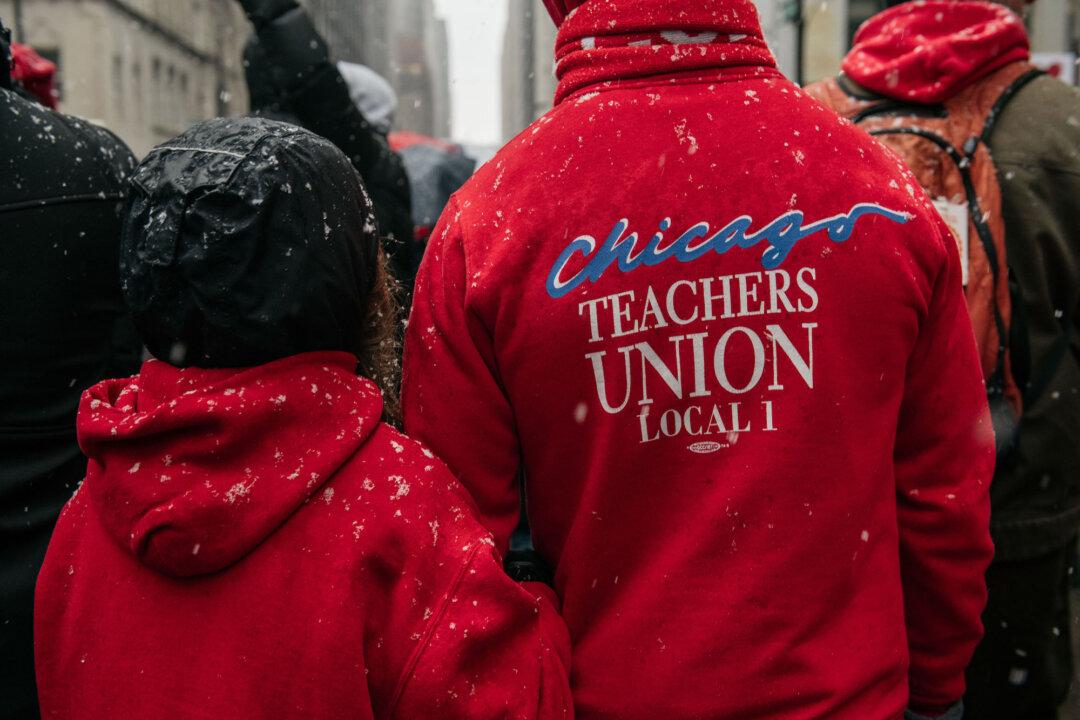Former President of the Thomas Jefferson Institute Chris Braunlich said teachers’ unions are controlling the education system and have been funding pro-union political candidates, all the way down to school board members, in an effort to retain their power. Braunlich said parents and other concerned citizens must be aware of what teachers’ unions are doing and stop their monopoly, including their control of school boards.
School boards have become a battleground for major cultural issues, including parental rights, critical race theory, racial justice, transgenderism, sex education, gun laws, first amendment rights, misinformation, etc., because school boards can decide policy in all of these areas.





